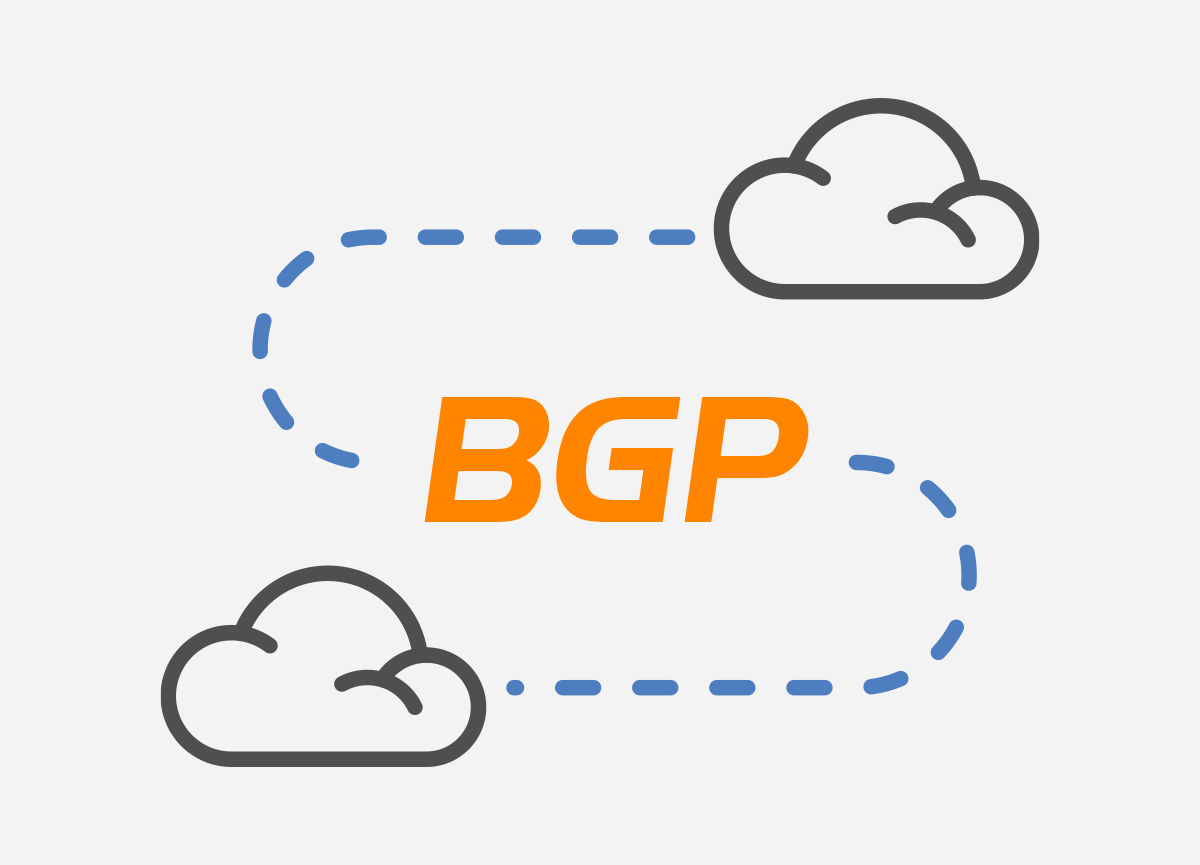The projected Border Gateway Protocol CAGR of 7.32% for the decade from 2025 to 2035 signifies strong and consistent investment in the foundational infrastructure of the internet. For a mature and well-established technology like BGP, such a steady double-digit growth rate is noteworthy. It indicates that the demand for more robust, secure, and intelligent routing capabilities is not slowing down. This consistent annual expansion is the primary force that is expected to elevate the total market valuation to approximately $5.97 billion by 2035. This growth isn't driven by hype, but by the undeniable realities of ever-increasing data consumption, the complexity of modern cloud architectures, and the critical need for a secure and resilient global network fabric that businesses and consumers can depend on.
A primary driver underpinning this growth rate is the exponential increase in global internet traffic. The proliferation of high-definition video streaming, the explosion of Internet of Things (IoT) devices, the rise of online gaming, and the massive data sets used in AI and machine learning all contribute to unprecedented data volumes traversing the internet. This traffic explosion necessitates constant upgrades to the internet's core infrastructure. ISPs and data centers must continuously invest in more powerful routers that can handle larger BGP routing tables and higher traffic loads. They also need more sophisticated software and tools to manage this complexity, directly fueling the hardware and software segments of the BGP market and contributing to its steady year-over-year growth.
Another significant factor contributing to the 7.32% CAGR is the architectural shift in enterprise IT towards multi-cloud and hybrid-cloud strategies. Businesses no longer rely on a single cloud provider; they strategically use services from multiple providers (like AWS, Azure, and Google Cloud) alongside their own on-premise data centers. This complex environment requires sophisticated traffic engineering to ensure reliability, manage costs, and optimize performance. BGP is the key technology that enables this, allowing enterprises to control how their traffic is routed to and from different cloud environments. The growing adoption of multi-cloud architectures is therefore creating a strong demand for BGP-related expertise, managed services, and enterprise-grade routers, providing a powerful tailwind for market growth.
Finally, the increasing focus on BGP security is creating a new and vital sub-market that is a major contributor to the overall growth. BGP was originally designed in an era of trust and is inherently vulnerable to accidental misconfigurations and malicious attacks, such as BGP hijacking, which can redirect massive amounts of traffic and cause widespread outages. To combat this, the industry is increasingly adopting security frameworks like Resource Public Key Infrastructure (RPKI), which cryptographically validates route announcements. The implementation and management of RPKI and other BGP security solutions require new software, hardware support, and specialized services, creating a new revenue stream for vendors and service providers and bolstering the market's overall growth trajectory.
Explore Our Latest Trending Reports:



